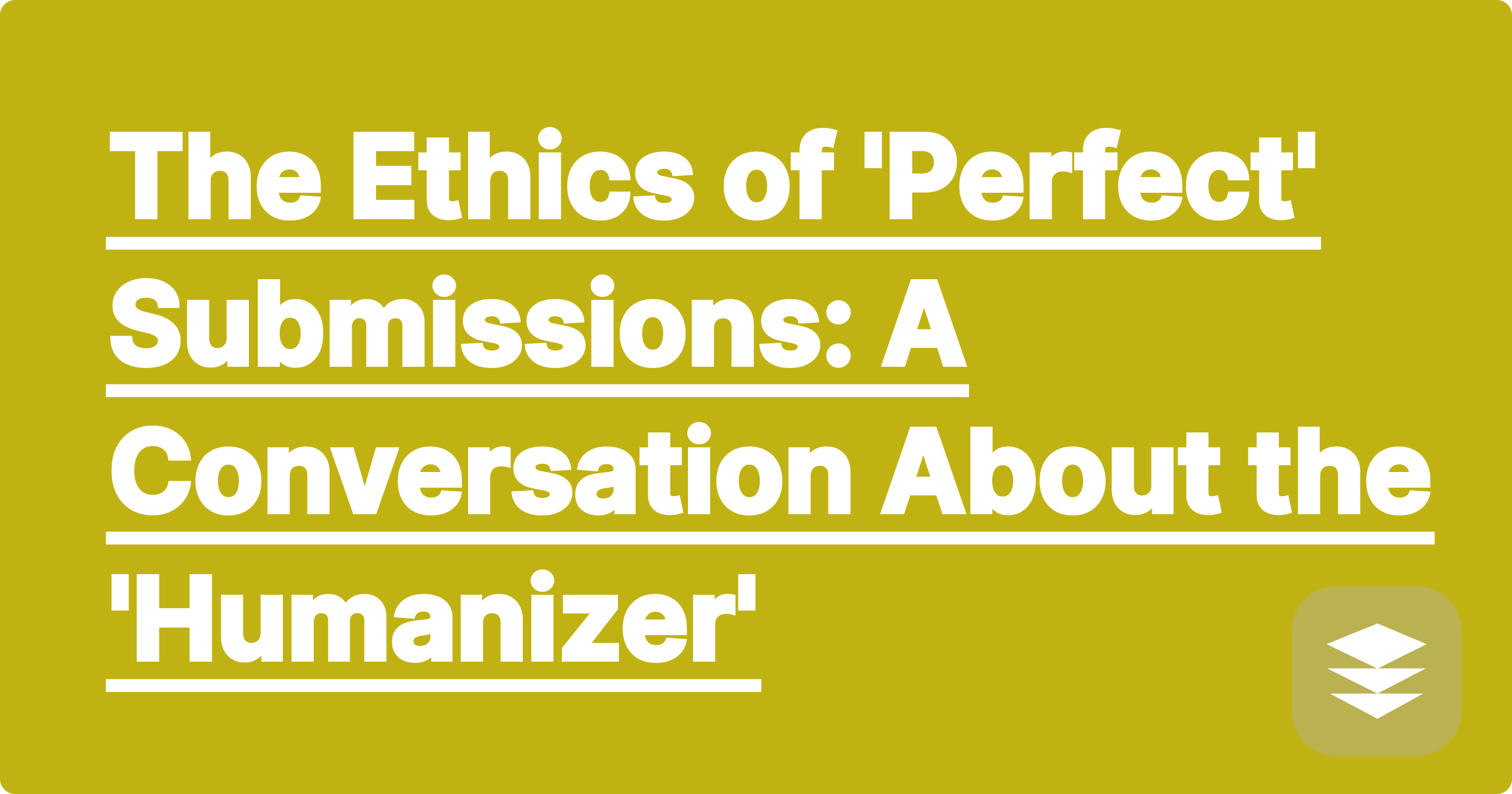
AI writing assistants are becoming incredibly powerful. A feature like the "Humanizer" in GPAI Solver can take your clunky, bullet-pointed ideas and instantly rephrase them into a polished, professional-sounding paragraph. It feels like magic. It also feels... a little like cheating? This has sparked a new and important conversation about academic honesty ai. If you didn't write the final, perfect sentence yourself, is it still your work?
This is not a simple question, and the answer lies in understanding the purpose behind the writing. The ethics of ai writing depends entirely on how you use the tool. Let's propose a simple framework.
The Humanizer feature in the GPAI Solver is designed to be an ethical "Editor."
[Image: A diagram showing a student's brain with an arrow pointing to a rough draft. Another arrow points from the rough draft to a GPAI "Humanizer" icon, which then points to a final, polished document. The text emphasizes that the "core idea" comes from the student. Alt-text: A visual explaining the ethical use of AI writing tools as an editor, not an author.]
Paradoxically, an AI can help you develop your own writing voice. By seeing how the AI rephrases your ideas, you learn.
The rules for academic honesty were written for a pre-AI world. Universities and students are now grappling with these new questions together. The most important principle is transparency. If you are ever unsure, it's best to have an open conversation with your professor about which AI uses they consider acceptable aids to learning.
A: No. Using tools like Grammarly or the spell checker in Microsoft Word has been standard practice for years. A powerful AI like the Humanizer is just a more advanced version of these tools. It is correcting your language, not creating your ideas.
A: This is a great point. If the AI's rephrasing significantly changes the meaning or adds a new concept, you have an ethical choice. You can either remove that new idea to keep the work purely your own, or you can take the time to learn and understand the new idea, fully integrating it into your own knowledge base. The second path is the essence of AI-assisted learning.
The goal of writing is to communicate an idea clearly. An AI writing assistant is a powerful tool for achieving that goal. As long as the core idea originates from your own human mind, using an AI to help you express it with clarity and professionalism is not just ethical—it's smart.
[Discover how to communicate your ideas more effectively. Try the GPAI Solver's "Humanizer" feature today. Sign up for 100 free credits.]
Is 'Knowing' Obsolete? The Future of Education in the Age of AI
How AI Can Help Us Rediscover the 'Play' in Learning
Your Personal 'Anti-Bias' Assistant: Using AI to Challenge Your Own Assumptions
The Ethics of 'Perfect' Submissions: A Conversation About the 'Humanizer'
Beyond STEM: How an AI Solver Can Help with Philosophy and Logic Proofs
The 'Forgetting Curve' is Now Optional: How AI Creates Your External Memory
Can an AI Have a 'Eureka!' Moment? Exploring a Model's Inner Workings
From Information Scarcity to Abundance: A New Skillset is Required
Just Trust Me, Bro': Why Showing Your Work (with AI) Builds Credibility